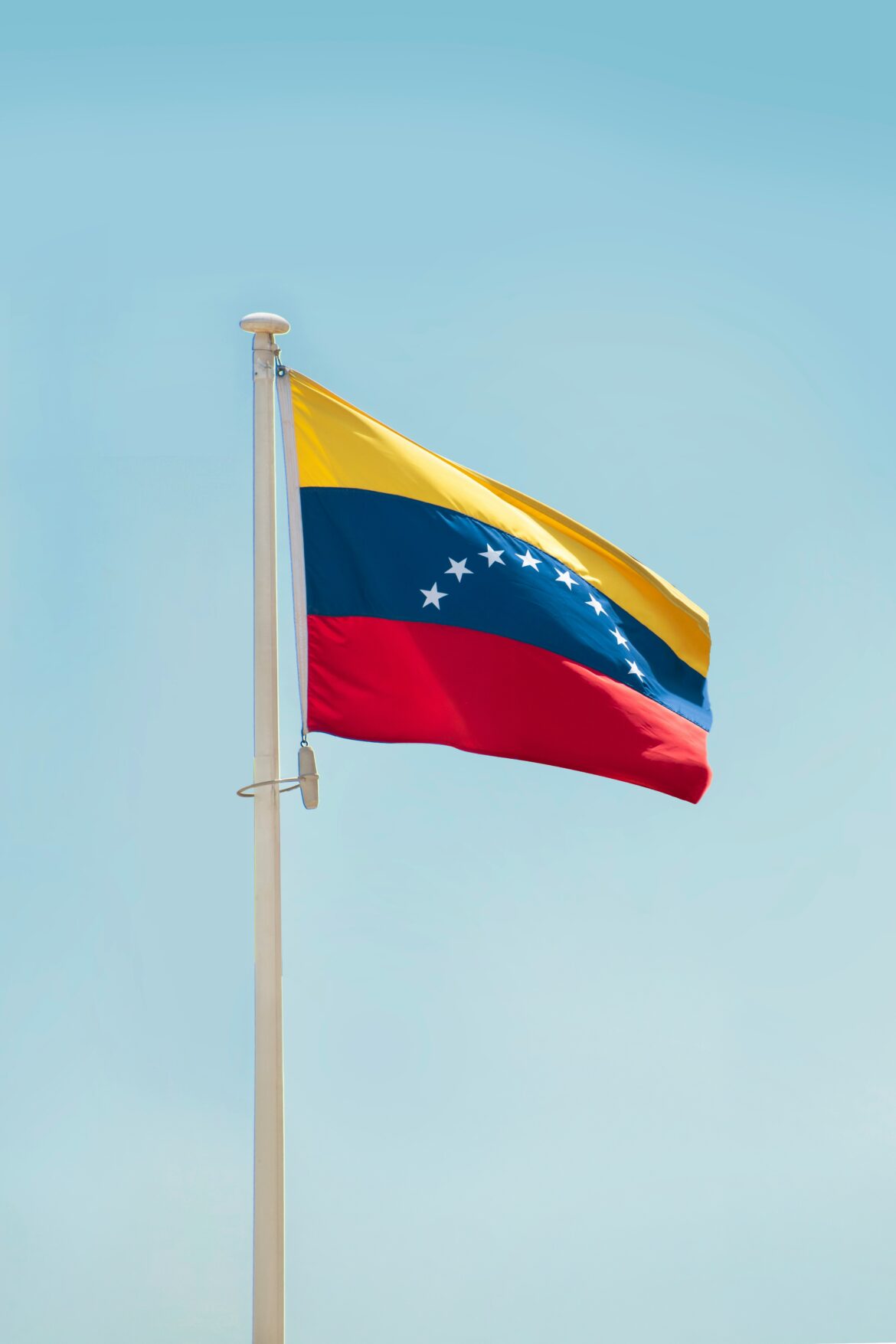On October 22, 2023, opposition candidate Maria Corina Machado won Venezuela’s primary elections. This event may indicate a shift towards free and fair elections for the presidential run scheduled in 2024 after years of economic crisis and authoritarian rule in the nation. Although the United States has lifted economic sanctions on Venezuela, under the condition that current president Nicolas Maduro allow for political competition, recent events have indicated that this may not be the case.
Despite Venezuela’s oil reserves being the largest in the world, the country has suffered years of economic and social crisis, which has turned into a humanitarian crisis forcing many to flee the country. When former president Hugo Chavèz came to power in the late 1990s, the country seemed to be on the path of democratization and economic prosperity. Venezuela enjoyed a number of social welfare programs which helped reduce poverty rates and improve education and housing all financed by high oil prices. However, Venezuela’s fate took a turn when oil prices dropped drastically, dragging the country into a significant political and economic crisis around 2013. As a result, the country now experiences one of the highest inflation rates in the world, positioning essential goods and medicine as inaccessible to a majority of the population. The aforementioned social programs have since been abandoned as they became impossible to sustain, plunging the country into an increasingly authoritarian and unequal environment. The situation was aggravated by economic sanctions imposed by the United States on oil and gas under the Trump administration. Maduro became the appointed president in 2013 after Hugo Chavez’s death and consolidated power in the country. The 2018 elections, which reelected him as president, were widely contested by the opposition party as well as several countries such as Canada, Peru, Spain, Mexico, Argentina, the EU and the United States. A survey conducted by the Andrés Bello Catholic University revealed some progress as the number of those living in poverty in Venezuela decreased from 65.2% in 2021 to 50.5% in 2022, achieved through Maduro’s relaxation of currency control in 2019. However, wealth distribution remains unequal, and the progress achieved in 2022 has not followed suit in 2023.
In an attempt to encourage free and fair political processes in the country, the US agreed to reduce economic sanctions on the condition that Maduro’s government hold free and fair elections in the upcoming presidential run. Following this event, Global Dispatches explains that the government of Maduro and the opposition signed an agreement in Barbados that “details certain improvements on the electoral conditions for the 2024 presidential elections.” This includes agreeing on a specific date for an election, updating the election registry and more.
The primary election held last month is seen by many as a successful exercise of democracy despite its many shortcomings. These shortcomings include primarily, an issue of organization. The elections were held without state help, instead, civil society had polling stations in informal areas, such as parks and homes. Other issues included server blockage, which delayed vote counting and transportation problems due to limited gasoline availability. However, none of these obstacles seemed to have significantly deterred voters, as voter turnout surpassed predictions by more than double in some states. With a rough population of 28 million people, approximately 4, 2 million people are expected to have voted.
The leading figure of the opposition is María Corina Machado, who won the primary elections by a landslide boasting 93 percent of the vote. Nicknamed the “Iron Lady,” Machado is a center-right candidate and former member of Venezuela’s legislature. Whether she will be able to take part in the presidential elections is still uncertain. Maduro’s government has barred her from running for office for 15 years, which prevents her from registering for the general elections held next year, a tactic commonly used by Maduro to weaken opposition.
What does the vote mean for the future of Venezuela’s politics? Presently, the vote has yet to be confirmed. The government has deemed the elections fraudulent, and 17 members of the national and regional commissions that oversaw the balloting are under investigation for a range of suspected crimes. Venezuela’s Supreme Court has also refused to validate the results. However, the US government has warned the president that it would reinstate sanctions if the nation does not accept the results. If Machado is unable to run, the opposition might select a substitute candidate as a replacement, but this remains to be seen. The future of Venezuelan politics remains uncertain, with economic sanctions, diplomatic ties, and a plethora of other factors bearing high levels of influence. The case study is vital as it provides broader implications both for nations intending to move towards fairer election processes and the impact of external nations upon such procedures.
Edited by Lucy de Cartier
Victoire Thierry is entering her third year at McGill university studying International Development and Political Science. She is a first-time writer and her interest include sustainability, migration and international relations.

